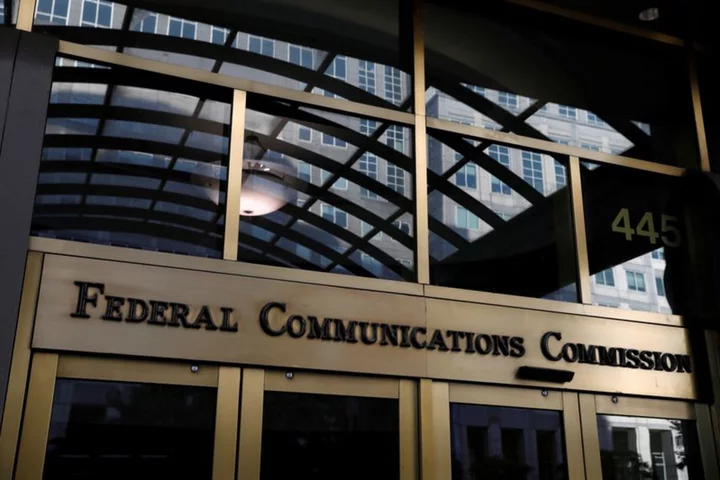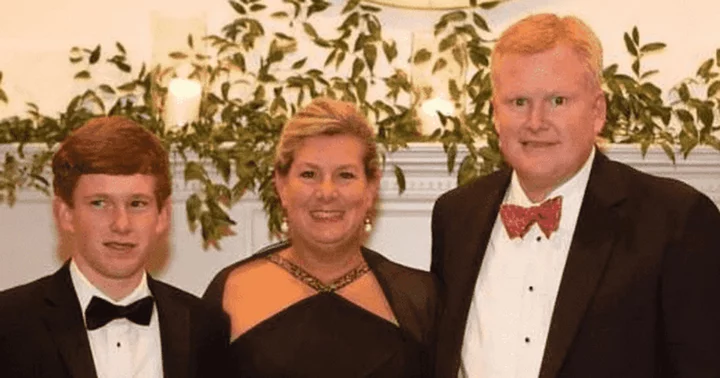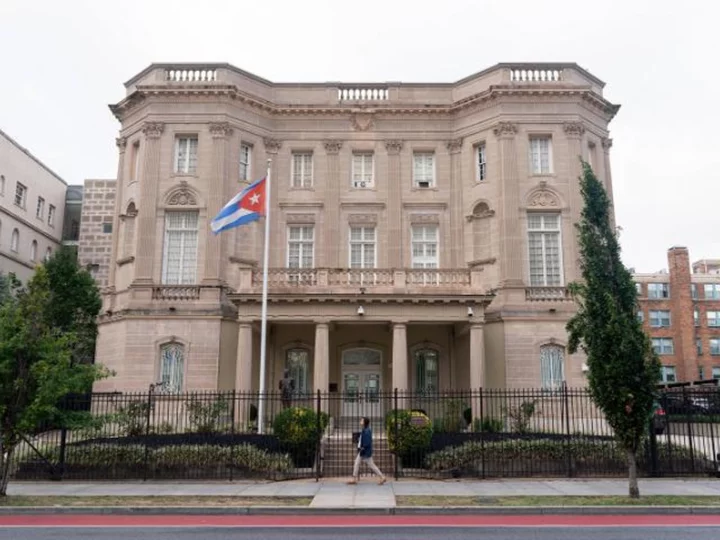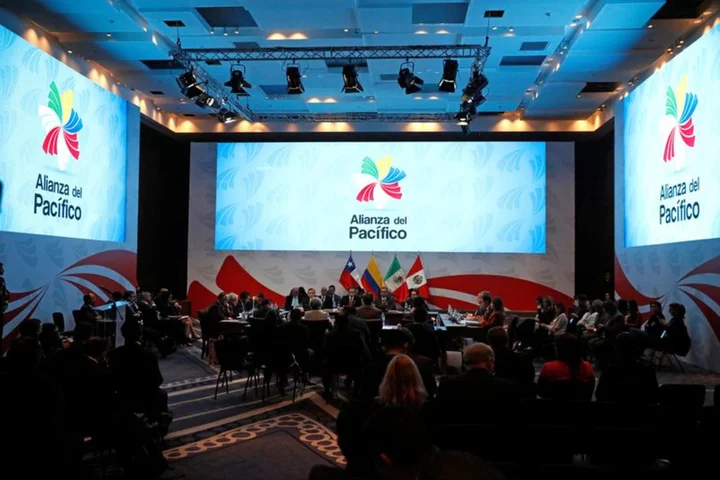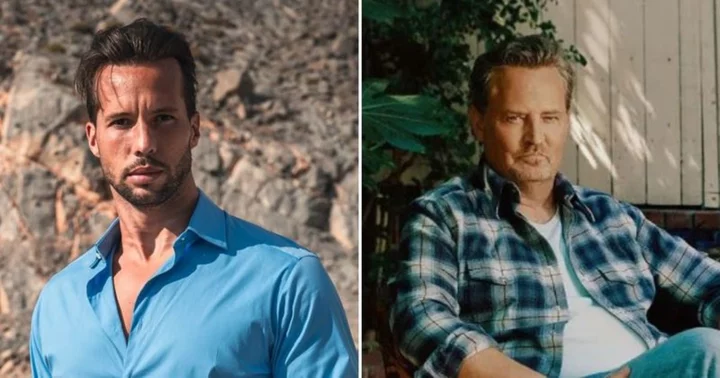By David Shepardson
WASHINGTON (Reuters) -More than 8.3 million U.S. homes and businesses lack access to high-speed broadband internet, the Federal Communications Commission said Tuesday in unveiling its revised national broadband access map.
The FCC said it has increased its estimates of homes and businesses without access by nearly 330,000 locations. The data is crucial for funding decisions.
Congress in 2021 approved $42.45 billion in grants for states and territories to expand broadband infrastructure to areas without access.
The Commerce Department's National Telecommunications and Information Administration (NTIA) reiterated Tuesday it plans to announce by June 30 how it intends to allocate broadband infrastructure grants to states and territories.
"We will continue to monitor the FCC's updates to availability data to ensure that we make a well-informed allocation of these vital funds," NTIA said.
"Ultimately, we know tens of millions of Americans do not have access to high-speed internet service. To serve these Americans, it is vital we continue to implement this program with urgency."
The FCC said its mapping team reviewed challenges to availability data for more than 4 million locations and will release major updates twice annually.
Congress also awarded $14.2 billion for a $30 per month voucher for low-income families to use toward any internet service plan of their choosing.
A total of 18 million American households have signed up for the program. FCC Chair Jessica Rosenworcel said earlier this month she expects the program will run out of money absent congressional action.
"It's a terrific program. I want to see it continue. I want to work with Congress to make sure that happens," Rosenworcel said at the time.
Verizon said this month the program could run out of funds in the first quarter of 2024.
Verizon said Congress should develop "long-term reforms to current broadband subsidy programs to ensure they operate efficiently, avoid duplication, and target funding to those who need it most."
(Reporting by David Shepardson; Editing by Richard Chang)

